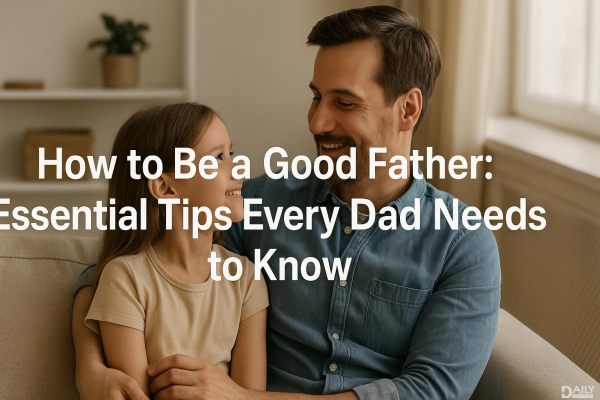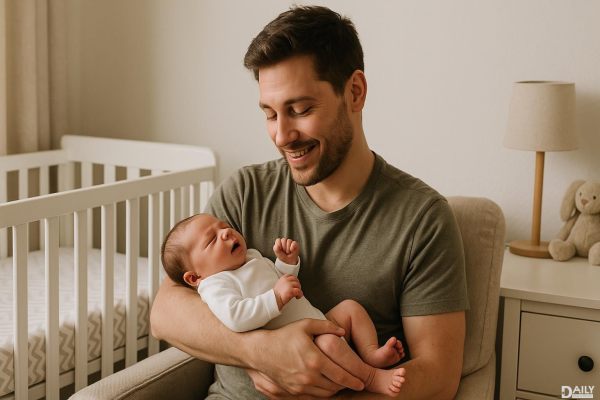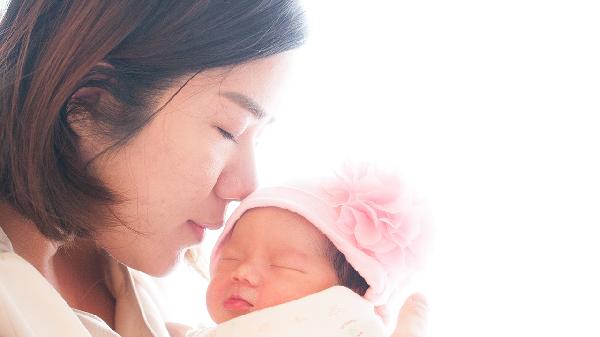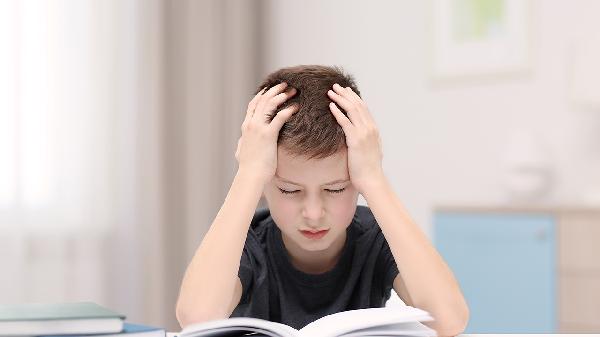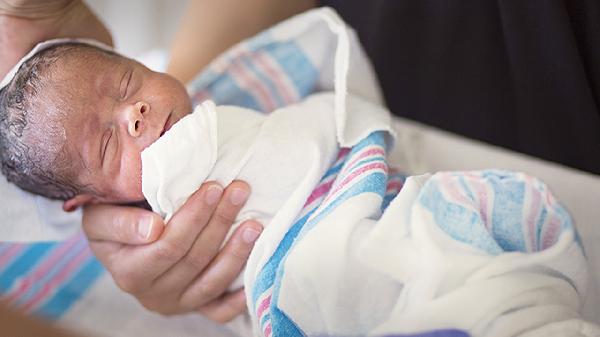Ego parenting sneaks in when parents prioritize their own emotional needs over their child’s well-being—whether it’s about saving face, maintaining control, or reliving unmet dreams through their kids. It’s not an official parenting style, but its effects can linger long after childhood, shaping how kids view themselves and their relationships. The good news? Recognizing these patterns is the first step toward breaking them.
The Roots of Ego Parenting
Ego parenting often stems from unresolved personal struggles or societal pressures. Maybe a parent grew up in a household where vulnerability was seen as weakness, or they’ve tied their self-worth to their child’s achievements. "It’s a defense mechanism," says Cheryl Groskopf, LMFT. "When parents feel insecure or threatened, they might double down on authority to avoid feeling exposed." This can manifest in subtle ways, like dismissing a child’s feelings ("You’re overreacting") or framing mistakes as moral failures ("How could you let this happen?"). Over time, kids learn to equate love with performance—a recipe for anxiety and self-doubt.
Signs You Might Be Ego Parenting
Not sure if this applies to you? Here are some red flags:
Breaking the Cycle
Changing these patterns starts with self-reflection. Groskopf suggests asking, "Am I reacting to my child’s behavior or my own fear of judgment?" For example, if your kid hates piano lessons but you insist they continue, dig into why. Is it because you’re worried they’ll quit everything? Or because you regret giving up music yourself? Next, practice repair. "A simple, ‘I shouldn’t have yelled. I was stressed, but that’s not your fault,’ teaches kids that ruptures can heal," says Fenkel. Finally, prioritize connection over correction. Instead of, "Why isn’t this done?" try, "What’s making this hard for you right now?"
When to Seek Help
If you notice ego parenting patterns but feel stuck, therapy can help unpack their origins. "Many parents carry unprocessed trauma from their own childhoods," says Groskopf. "Healing that makes space for healthier dynamics." Fenkel adds that group parenting classes or books on emotional intelligence (like The Whole-Brain Child) can provide tools to replace old habits. "Progress isn’t linear," she says. "What matters is staying open to feedback—even from your kid."
Parenting is messy, and ego trips are part of being human. But when you trade control for curiosity, you give your child something priceless: the freedom to be imperfect, just like you. As Fenkel puts it, "The goal isn’t to avoid mistakes—it’s to show how to grow from them." So next time you slip up, lean into it. That’s where the real learning happens.
